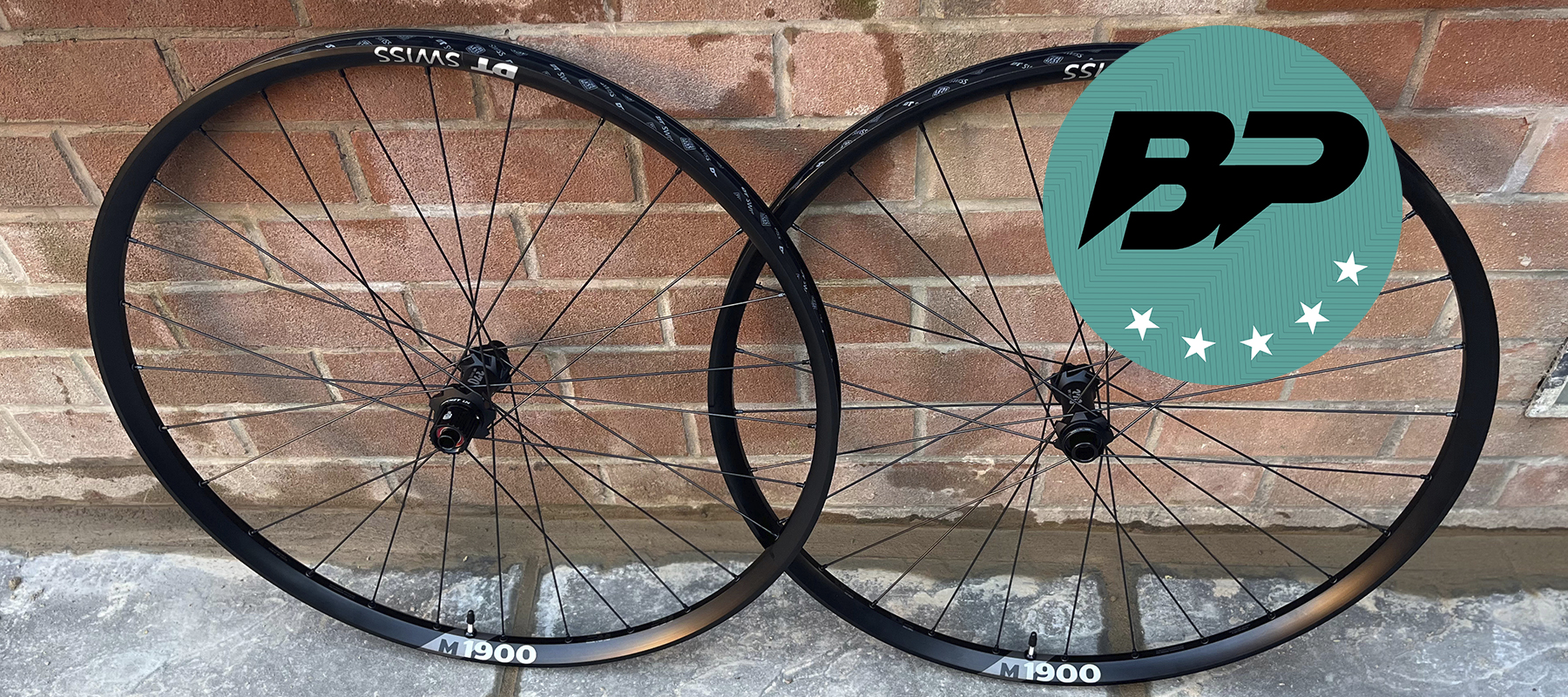Bike Perfect Verdict
It is still the Goldilocks trail wheelset offering a great mix of flex, comfort, and stiffness in a solid, reliable package. The long-term ability to replace and service parts also bodes well and should see years of quiet fuss-free performance.
Pros
- +
Solid and reassuring ratchet connection
- +
Easy to service internals
- +
Top-class durability heritage
- +
Hand-built quality
- +
Fit a wide range of bikes and groupsets with tool-free changes
Cons
- -
Freehub engagement is slower than some as standard
- -
No Super Boost option
- -
Straight pull spokes are less readily available than J-bend counterparts
Why trust BikePerfect
DT Swiss wheels (plus their hubs and spokes) have long been the benchmark for premium quality durability across its broad range of MTB, gravel, and road wheels and feature in our best mountain bike wheels article.
The latest 1900 range aims to continue the legacy of previous versions of being some of the most reliable wallet-friendly wheelsets on the market. Three versions are available that use an alloy rim construction with two rim widths available. Paired with DT Swiss's proven ratchet hub engagement system, this should see them become a tempting option for riders looking for the best budget MTB wheelset.
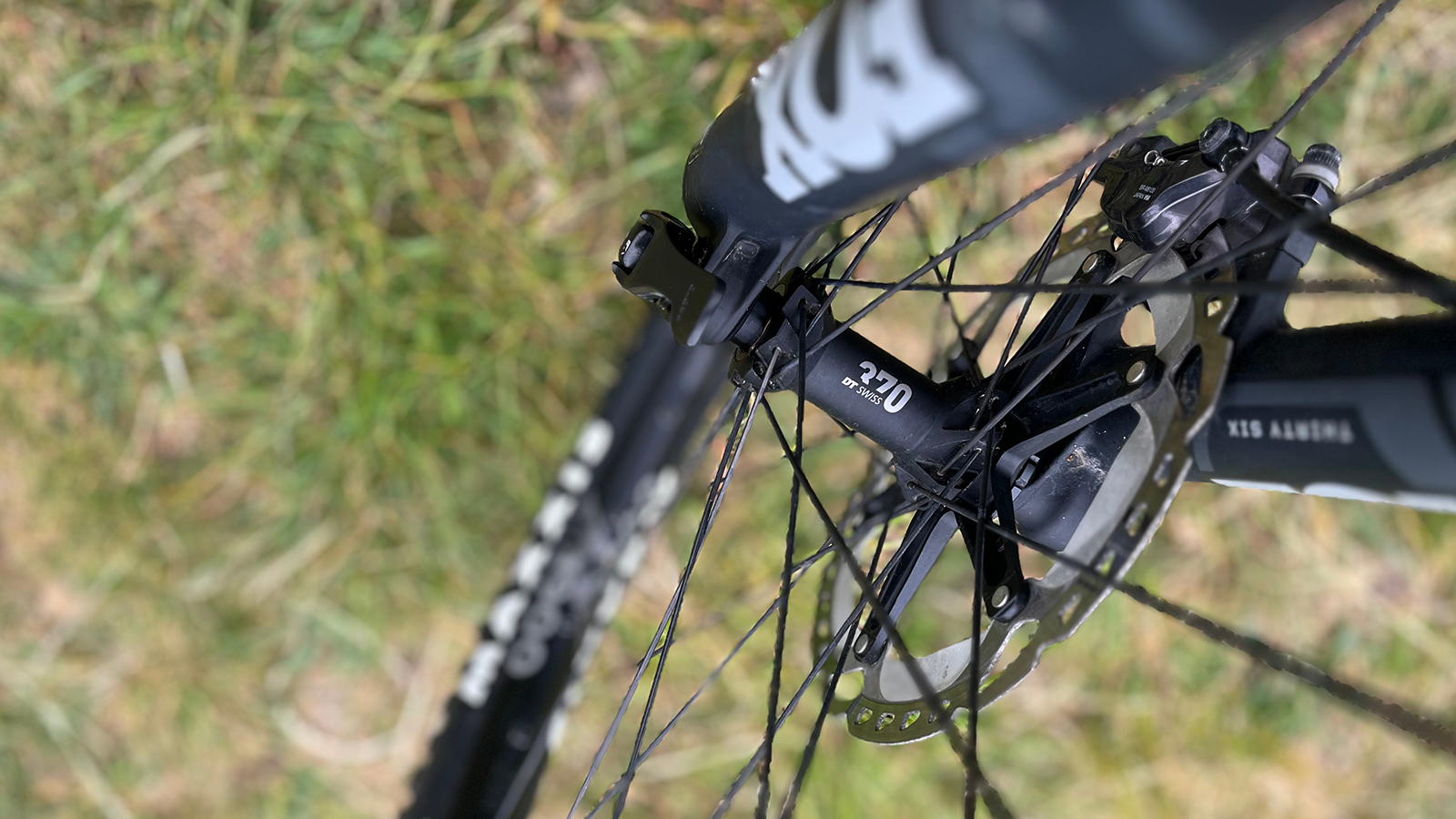
Design and specification
The key upgrade in this latest iteration is from a three-pawl hub to DT’s longstanding ratchet freewheel system. We've had the M version on test, which is the all mountain wheelset and sits right in the middle of the range with its 30mm rim compared to the 25mm XC and heavier-duty E variants.
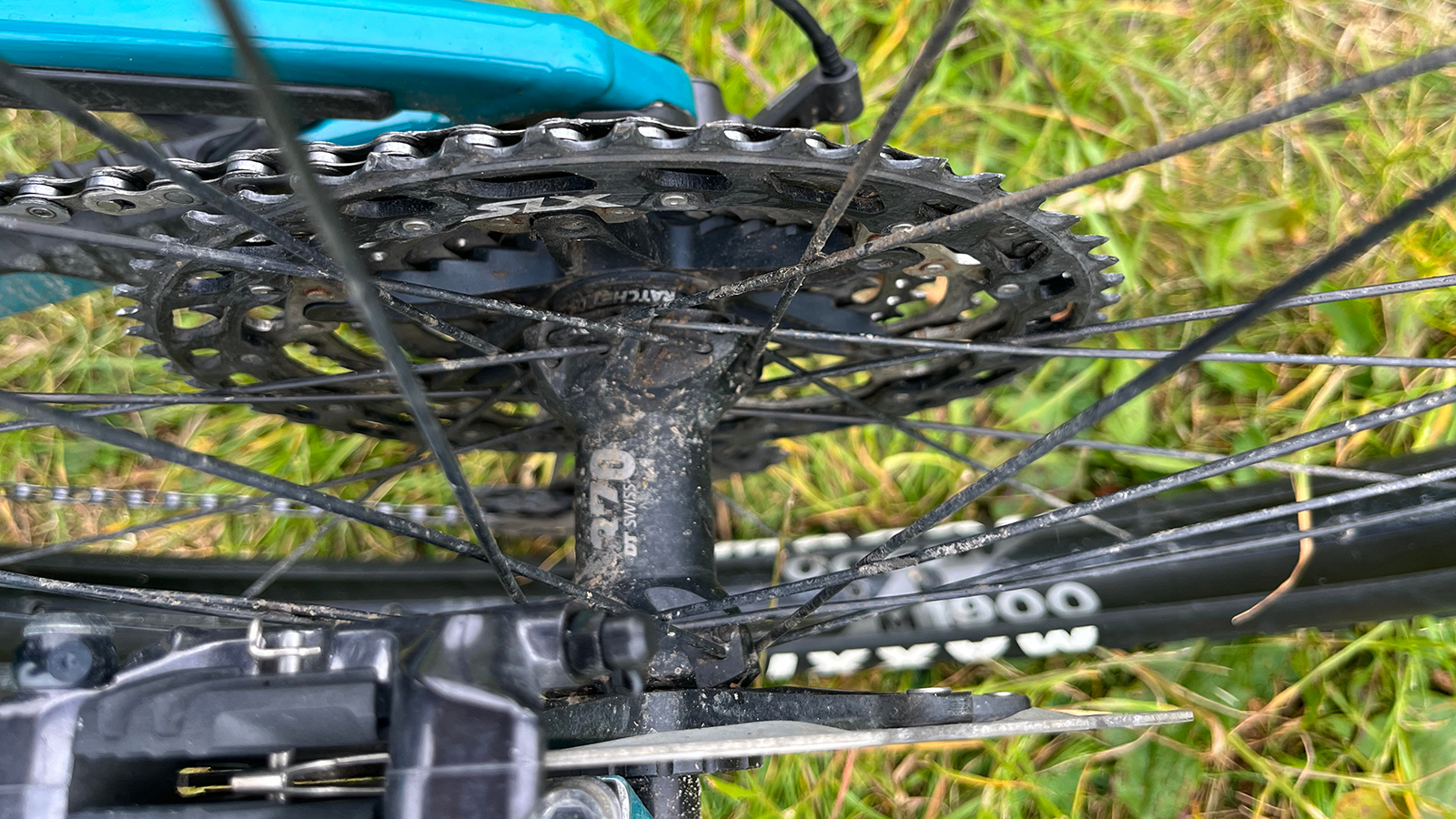
For the 1900 Spline range, DT has specced their 370 hub, which now has the Ratchet LN system. This uses many of the same parts as the higher-end 350, 240, and 180 hubs but differs from the Ratchet and Ratchet EXP as the seal that keeps the internals fresh is now on the freehub body and not in the hub shell. This small change in production method enabled DT to lower prices while maintaining its usual high standards.
DT Swiss’ ratchet system uses two spinning pieces, one driven by the hub shell and one by the freehub. The advantage over a pawl system is the amount of surface contact when the ratchets engage, as the whole face of the two ratchets meshes together, not just the three or five pawls. This increased surface area distributes the loads over a larger area, lowering the peak loads and reducing the number of point loads. It's a clever system that basically spreads the load from the rider across 18 points instead of three. That all goes together to create a system that is remarkably easy to service and is an industry benchmark for longevity.
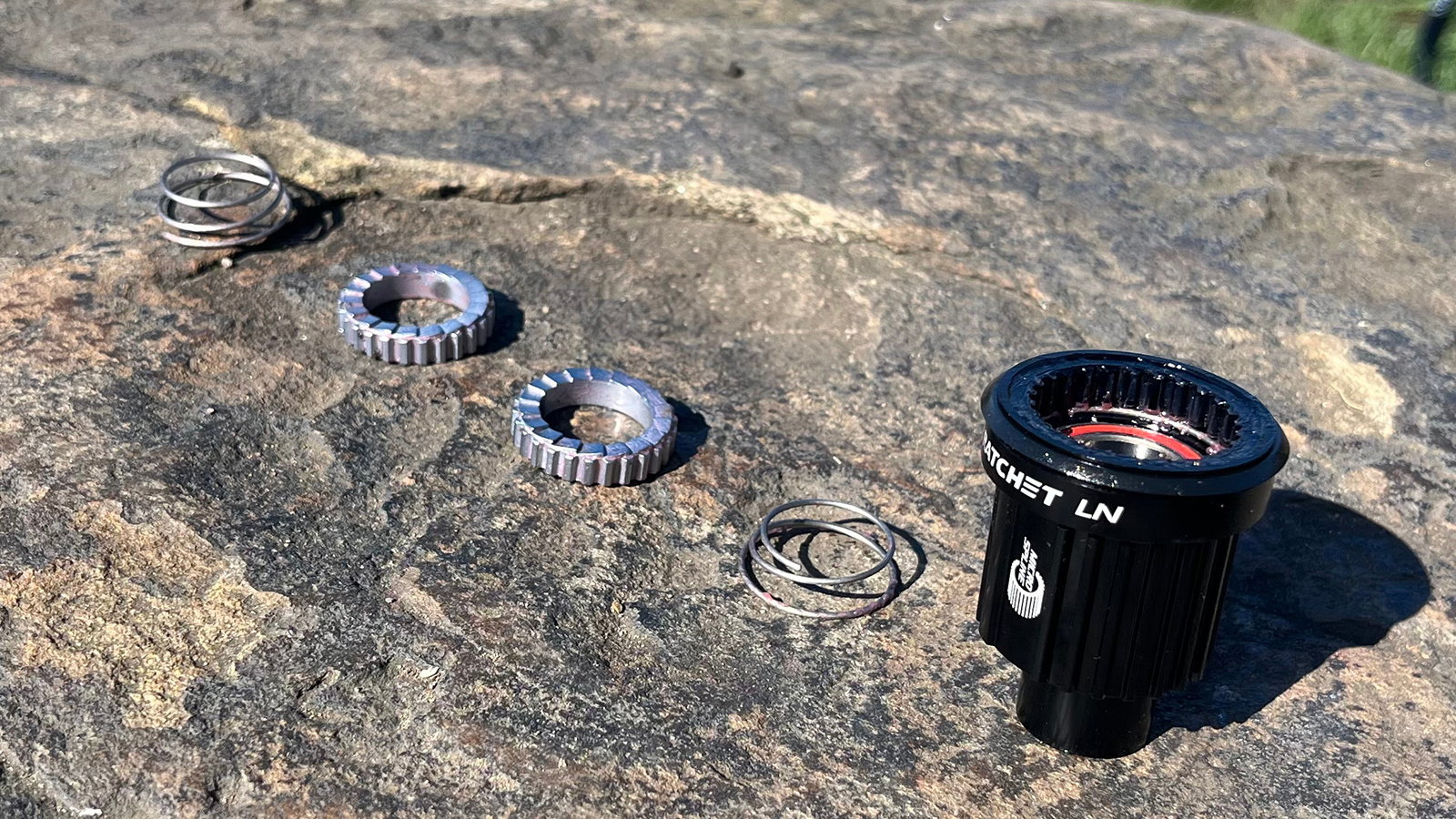
The guys from DT also point out that as the hubs they produce are built for longevity and all designed and manufactured in-house, they have spares available for the long term, which is often different for similarly priced budget wheels. So should you change from a Shimano Microspline setup to SRAM XD in a few years' time, the freehub parts you need will still be available.
The 1900 wheel range uses two different rims; the M I tested here comes with the 502 rims with a 30mm inner width, and the E and XC 1900 wheels use the E 532 rim, the little brother of the EX 511 rim, although made out of a different grade of aluminum alloy.
All three rims use eyelets, instead of the PHR washer system in the higher-end wheels, and DT Swiss Champion straight pull spokes with a constant 2mm diameter paired with Pro Lock Squorx nipples. All the wheels come ready-taped and include the steel version of the DT Swiss tubeless valve to make getting them set up tubeless quick and easy. There's even a handy ID code on the rim to help you find any relevant spare parts or specs should you need them further down the line.
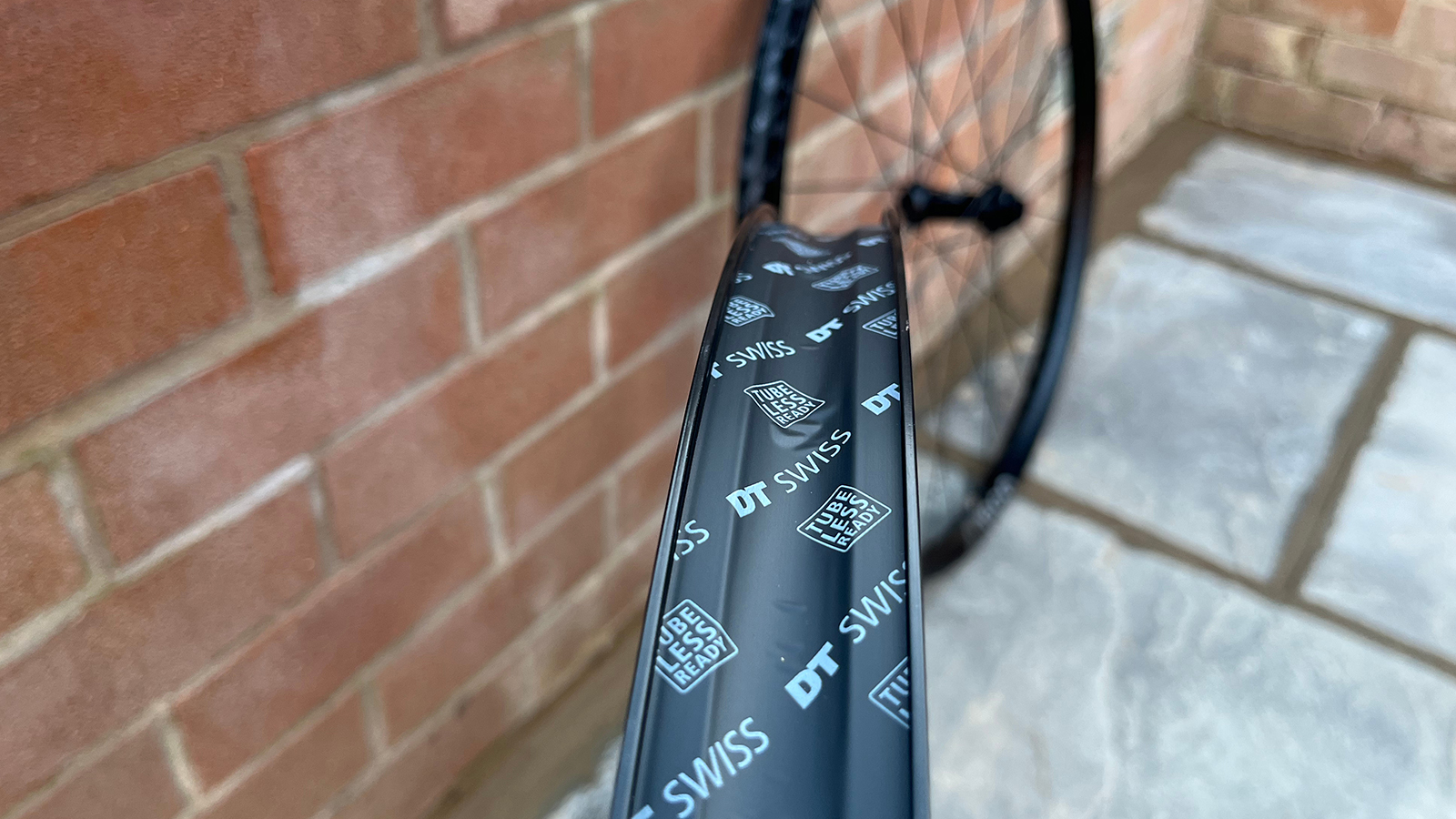
Performance
Weight-wise, DT says the M1900 starts from 1,894g (the variant I tested came in at 1,999g inc valves), and although not the lightest out there, they are far from heavy. Setting up from the box was straightforward. The rims come pre-taped and have DT’s steel tubeless valves in the box. During my test period, I used both Maxxis and Schwalbe tires, and both sealed the first time with no hassle. Extra points should be awarded to DT here for the neatness of the valve hole cut in the rim tape, a small detail that makes a big difference in getting tubeless setup hassle-free.
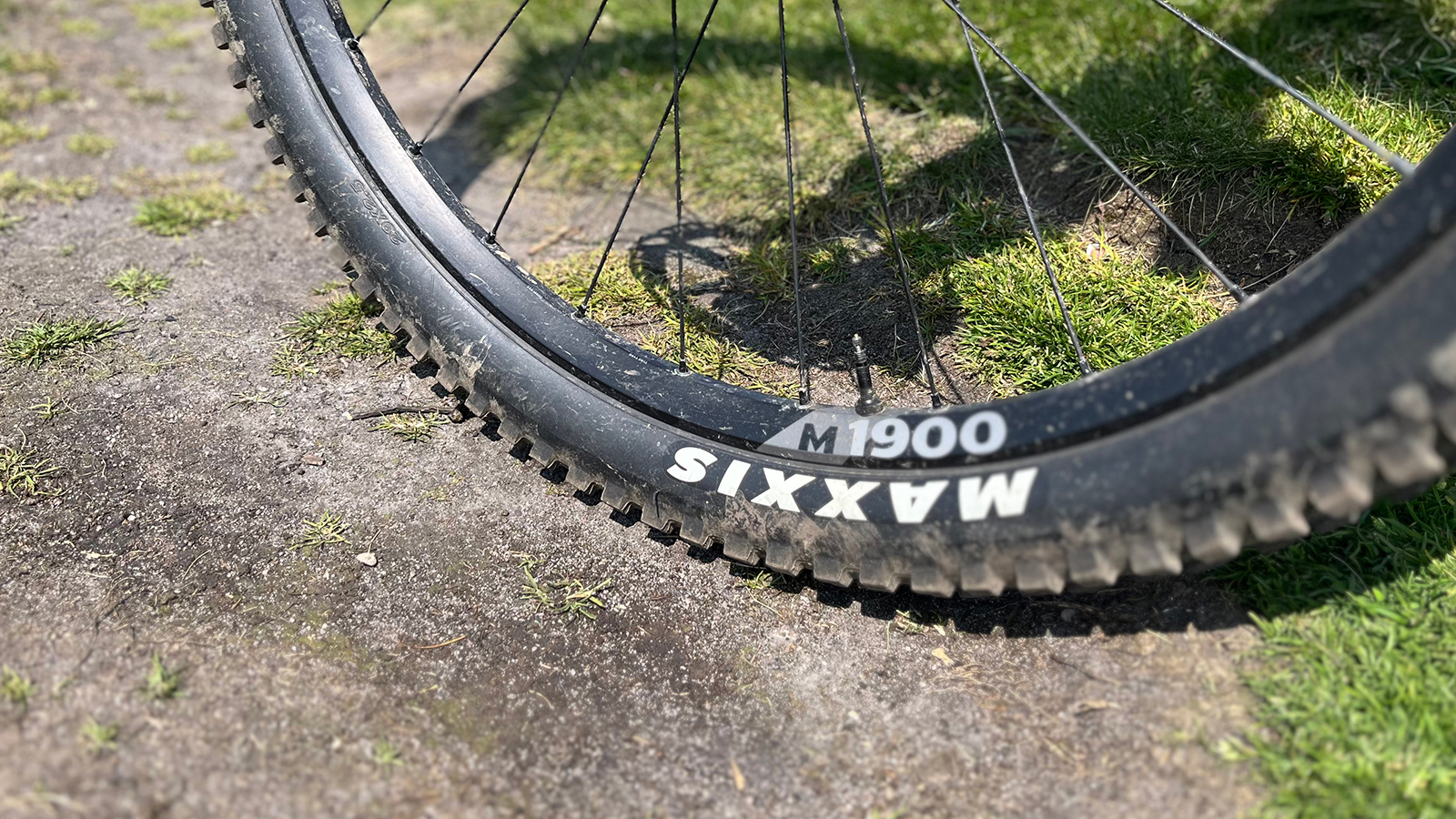
The M1900 uses DT’s lower-cost sleeved aluminum rims, which use a sleeved section to bond the two parts of the rim together, as opposed to its high-end wheels, which are welded. They have held up perfectly during my test, with zero damage or dings on the local rocky peak district trails without using a tire insert.
DTs are famed for their reliability, and these have been no exception. I was wondering if the 28-spoke count would be high enough as my local rocky trails can be very hard on wheels, but they stayed totally true throughout with no need for a spoke key. I think a lot of this has to do with the Pro Lock nipples and the quality of the wheel build, as spoke tensions have remained true throughout. There wasn't even the usual creak and twang when you first ride a set of wheels as the nipples and spokes bed in, which is a sign they have already been fully tensioned and stressed before they left the factory.
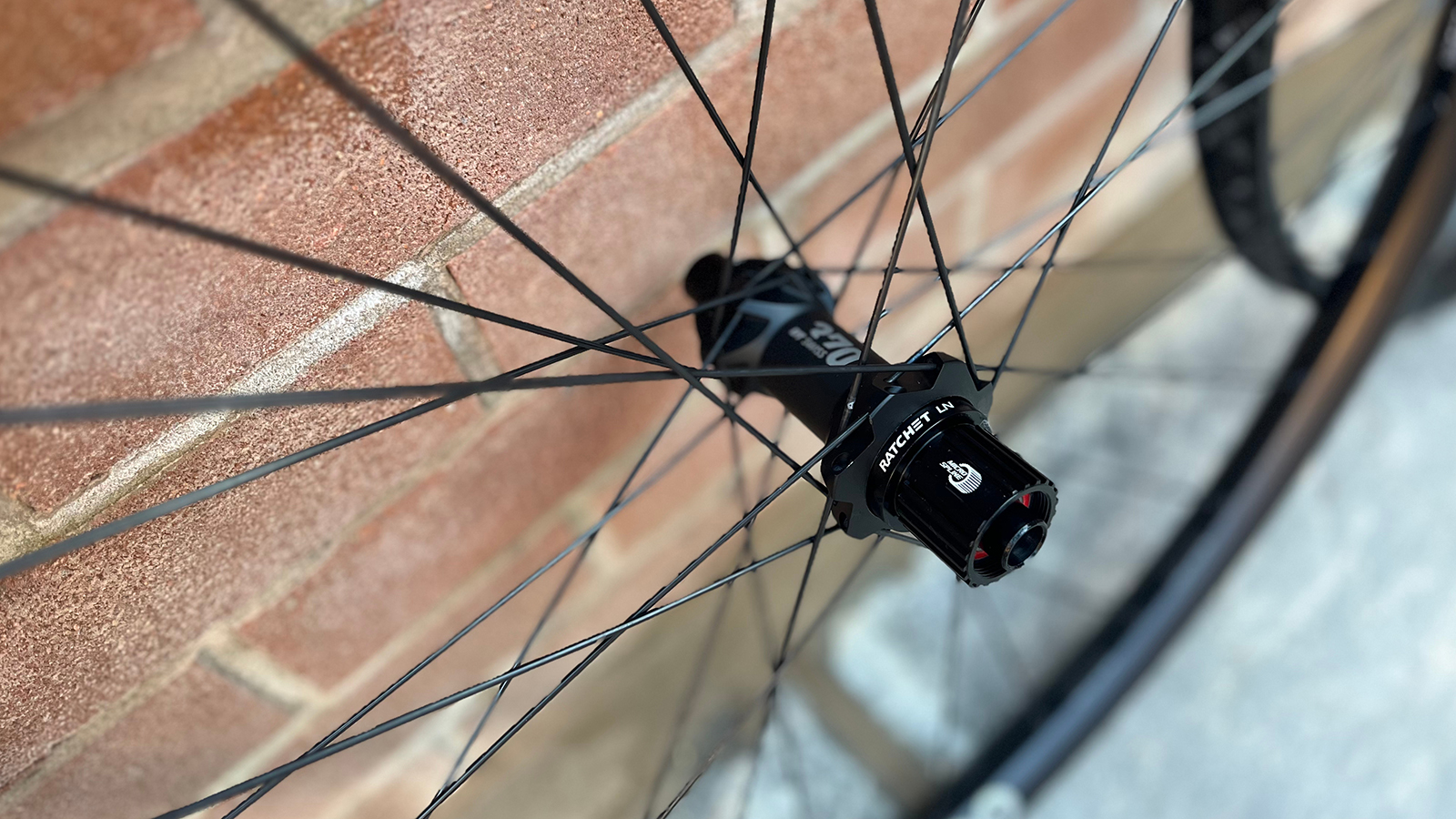
Hub-wise, I was using the Shimano Microspline Boost variant. They came supplied with the correct end caps already for my standard Boost setup, but should you need to change to an XD or Shimano HG freehub, it is a simple change. There isn't a Super Boost version available yet as yet though, which may be a limiting factor for some. As it's a tool-free design, you simply pull the cassette body off and replace it as necessary. This also means servicing the freehub is a straightforward task. Simply remove, clean up, and use DT’s special grease.
The ratchet on the 370 hubs has the lowest number of teeth or points of engagement in DT Swiss’s range of hubs. The 18 teeth give an engagement angle of 20 degrees – which is on the low side. However, it can be upgraded to as high as 54 teeth with a low six-point seven degrees, if lightning-quick hub pickup is what you're after, by purchasing and changing the ratchet. Although a hub with fast engagement is often touted as the be-all and end-all, it can have a noticeable effect on suspension action in the form of pedal kickback, as the lack of freewheel movement can impact your suspension and be felt through your pedals. Noise-wise, they give off a reassuring solid clack as opposed to the sound of an angry swarm of bees. I like my bike to be as quiet as possible, so I was a big fan of these.
I used them on both a steel hardtail and my Focus Jam trail bike on all sorts of rides, from techy rocky trails to flowy trail centers, and the wheels performed almost boringly well. They offered a real Goldilocks feel of not too stiff, not too soft, not too heavy, but not too light or skittish either. On rocky trails, they are reassuringly solid, yet on rooty wet trails where more feedback is a benefit, they offer just the right amount of feel to let you get on with riding.
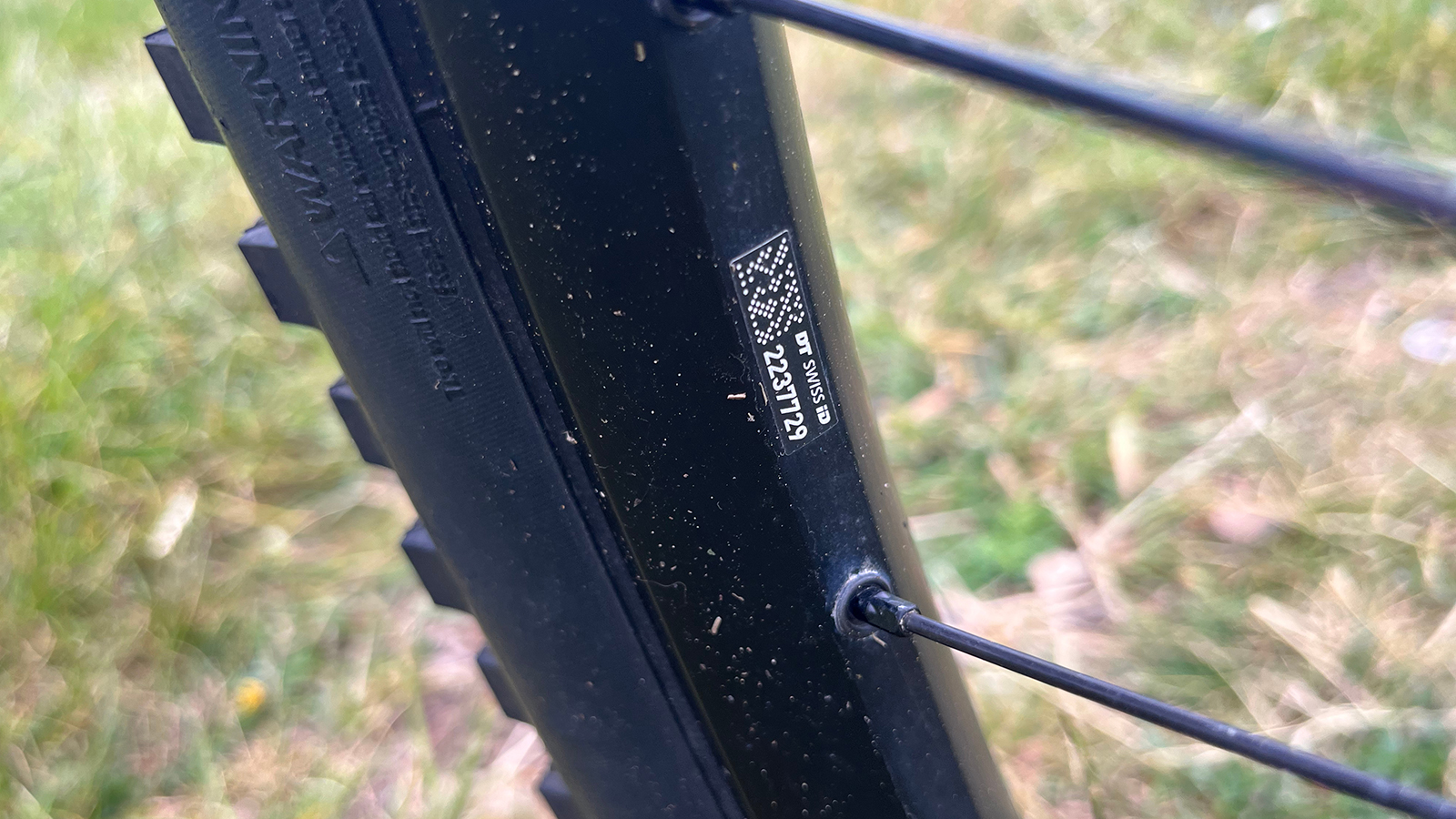
Verdict
Overall, the DT Swiss 1900s are a very good solid wheelset, perfect for high mileage riders who appreciate dependable, reliable hoops that can be serviced and kept running for years. They may lack some of the bells and whistles of fancier wheels, but, for me, the combination of tried and tested, proven tech, and easily serviced and reliable parts combined with a predictable ride quality wins out.
Tech specs: DT Swiss 1900
- Price: from $609 / £429.99 / €479
- Sizes: 29 and 27.5in
- Front hub: available in standard and boost 15mm axle
- Rear hub: available in 142mm or 148mm boost 12mm
- Internal width: 30mm
- External width: 35mm
- Cassette: SRAM XD, Shimano HG or Microspline
- Freehub engagement: 20 degrees
- Weight: 1,998g (29-inch, Shimano Microspline with valves fitted)

Neal has been riding bikes of all persuasions for over 20 years and has had a go at racing most of them to a pretty average level across the board. From town center criteriums to the Megavalanche and pretty much everything in between. Neal has worked in the bicycle industry his entire working life, from starting out as a Saturday lad at the local bike shop to working for global brands in a variety of roles; he has built an in-depth knowledge and love of all things tech. Based in Sheffield, UK, he can be found riding the incredible local trails on a wide variety of bikes whenever he can
